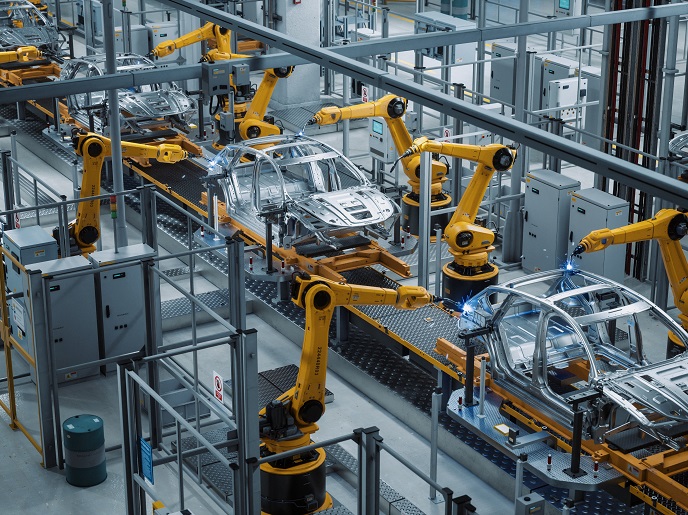What role for social justice during labour market upheavals?
Thanks to workplace digitalisation, demand for low-skilled labour is dropping, with many workers becoming unemployed or taking insecure, often low-paid work, with poor conditions, in the ‘gig’ economy(opens in new window). This trend impacts family life – especially felt by children and the elderly – further compounding pre-existing social and economic inequalities. Despite this, labour market trends are often analysed in economic terms, limited to discussions about efficiency and profit. “This misses the influence of social cooperation, and debates about rights and responsibilities,” says Andrew Williams, coordinator of the SOJUFOW(opens in new window) project which studied labour markets through the prism of social justice. This project was undertaken with the support of the Marie Skłodowska-Curie Actions (MSCA)(opens in new window) programme. “We wanted to show policymakers how an empirically informed political philosophy can help responses to major economic changes,” adds Tom Parr, MSCA fellow. “Our key finding is that EU governments must do much more to improve the bargaining power of society’s least advantaged members.”
Institutional designs
SOJUFOW applied the methodology of pioneering theorists such as John Rawls(opens in new window), Susan Moller Okin(opens in new window) and Ronald Dworkin(opens in new window) to current debates. The project asked how institutions should be designed based on either the optimistic assumption that individuals act as they should, or conversely, the (arguably more) realistic assumption that injustice is ever-present. Theoretical approaches that Rawls calls ‘ideal’ and ‘non-ideal’. “We addressed various social scientific debates, alongside more abstract moral issues about how just institutions should protect us from discrimination and exploitation, sharing fortunes and misfortunes,” explains Williams. Tackling anxieties about the effects of automation, Parr found that despite popular predictions about widespread involuntary unemployment, these dystopian visions are not yet borne out by much of the empirical evidence. Neither did SOJUFOW find supporting evidence for more utopian predictions about achieving a world where smart machines free us from mundane work. The project did however identify ways in which technological advances exert subtler influence. For example, automation affects working hours and surveillance technologies and how employees are monitored. “Unprecedented technological advancement, especially artificial intelligence, undoubtedly impacts our lives but not in the ways often cited in the media. The danger is that incremental changes slip under the radar,” notes Parr.
Policy implications
The project’s main conclusion was that governments have a responsibility to do more to improve the bargaining power available to society’s least advantaged members. Arguing that the precise mix will vary across contexts, SOJUFOW highlights three mechanisms for policymaking. Firstly, equipping individuals with skills that potential employers desire through an investment in lifelong learning and retraining programmes, incentivising firms to invest in labour over technologies. Secondly, improving collective bargaining through trade unions or alternative institutions, such as wage settlement boards. “The current wave of European strikes is testament to the need for governments to recognise the validity of this mechanism,” adds Parr. Finally, providing workers with exit options such as a universal basic income(opens in new window) – offering more freedom to leave employment voluntarily, without losing benefits. This could recalibrate the power balance between employers and (low-skilled) employees, giving employees opportunities to retrain, take a career break or volunteer, amongst other options.
Work of the future
Parr is currently writing a book based on SOJUFOW’s findings, to be published by Oxford University Press. He is also exploring whether there are compelling grounds for governments to promote working from home, particularly as a legal right. “This could improve employment opportunities for women, older workers, and those with disabilities, as people often lacking the bargaining power, so most likely to benefit from government efforts,” says Parr.







